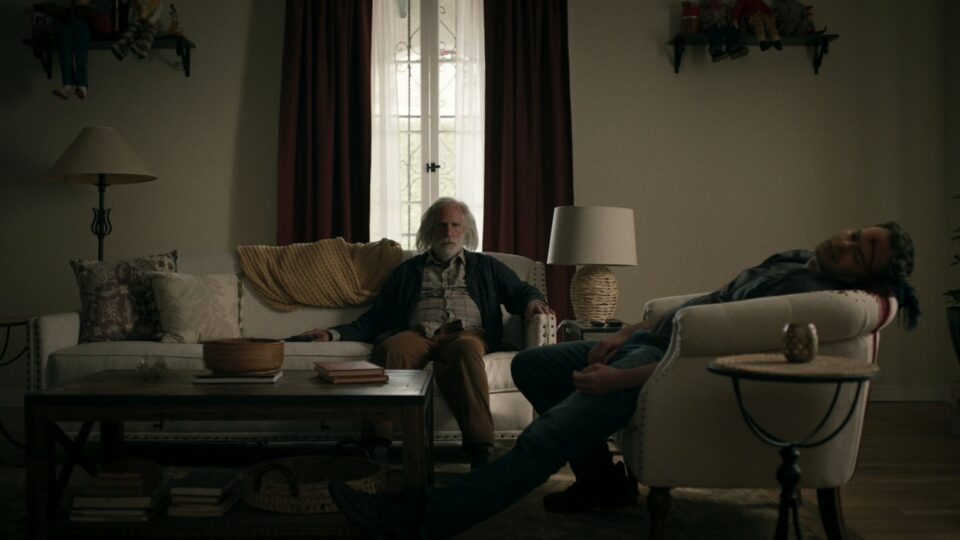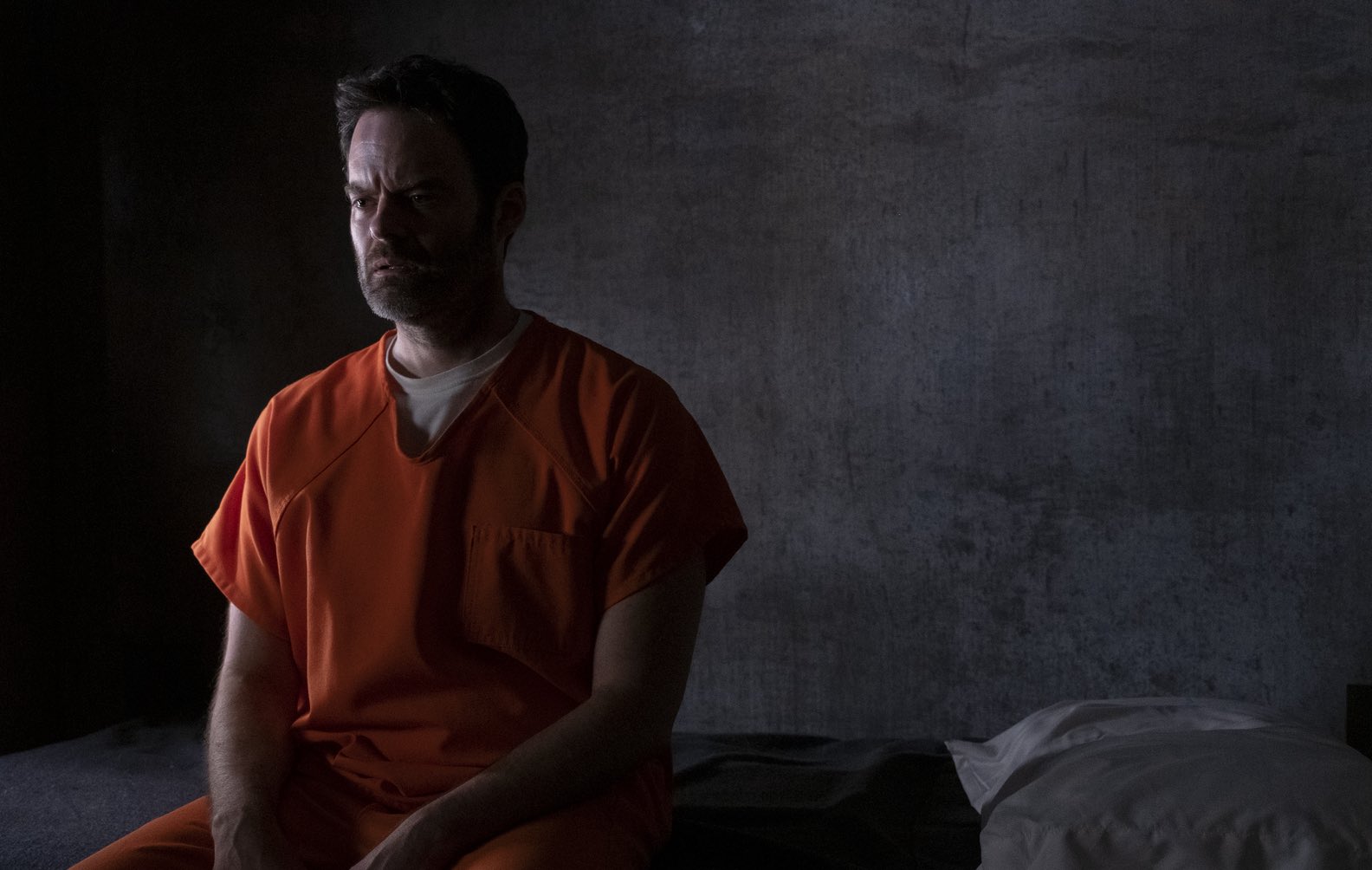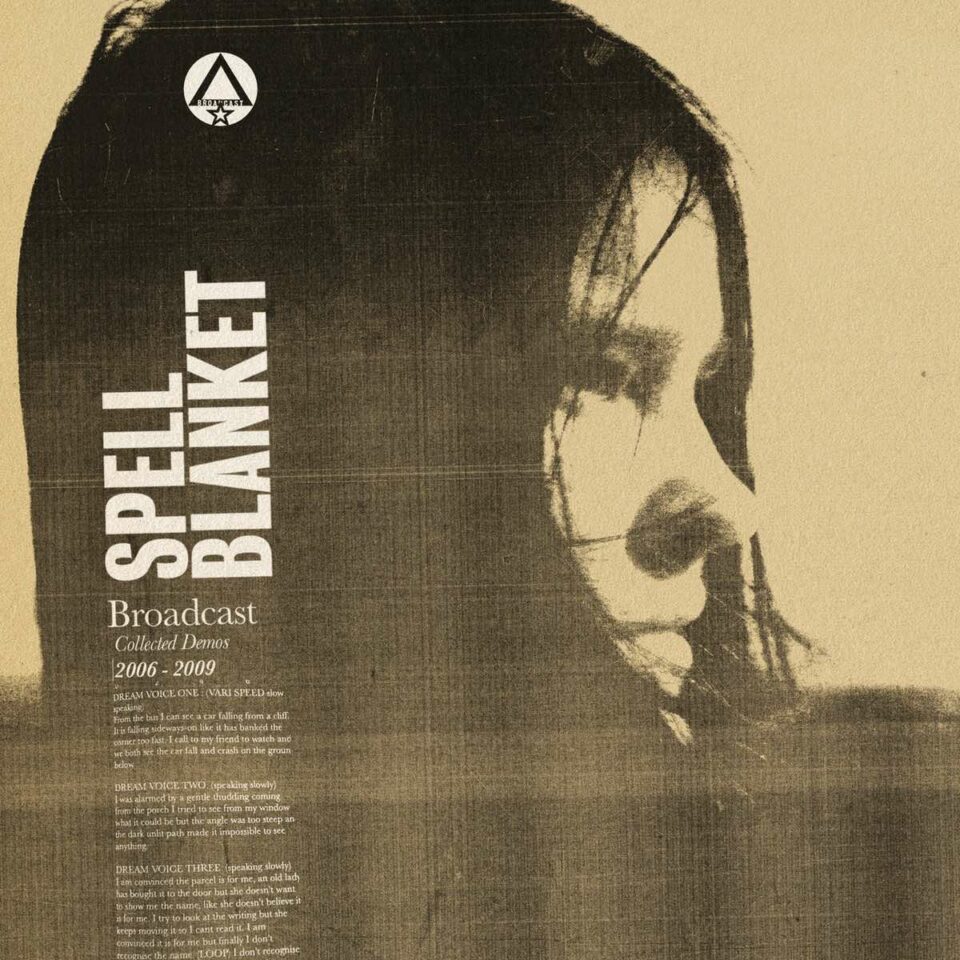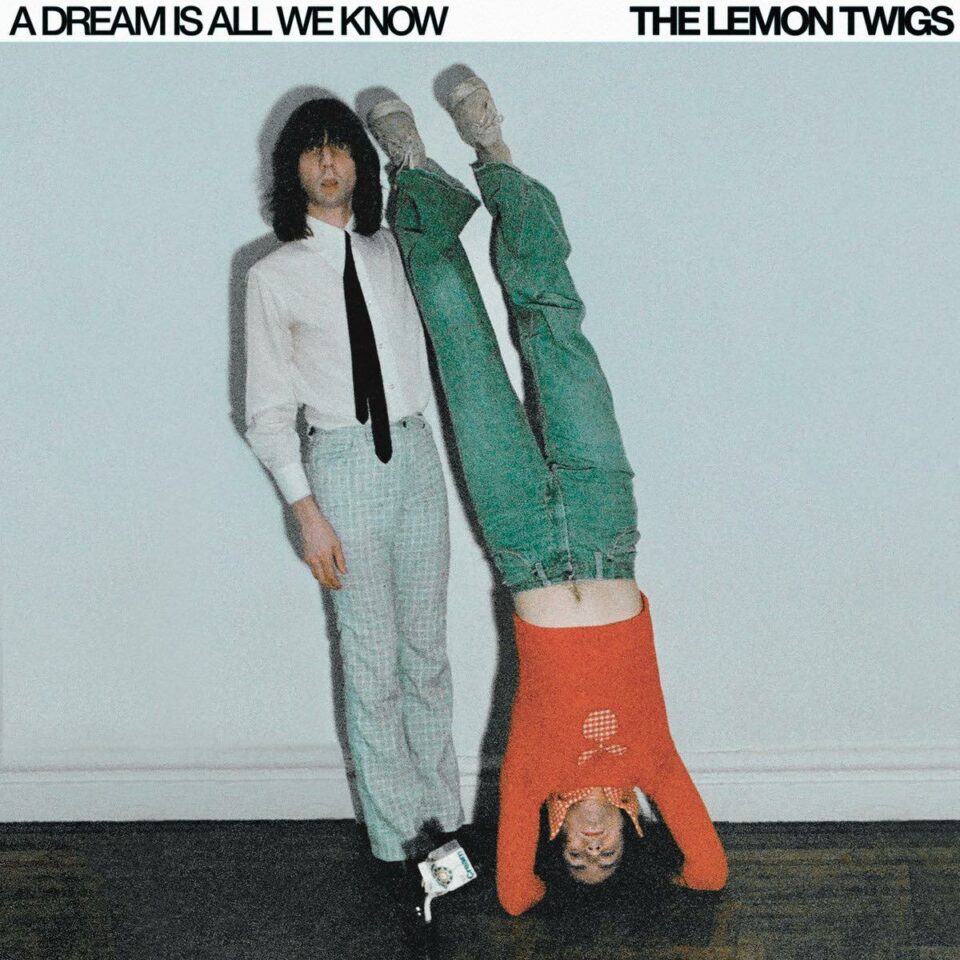“I realized what a ridiculous lie my whole life has been.”
— Willy Loman, Death of a Salesman
The old adage that comedy equals tragedy plus time proves painfully untrue with Barry, one of the most achingly, empathetically human shows of the post-Sopranos era: the initial dark comedy of a hitman trading in his gun for guffaws in an amateur acting class gives way to—or perhaps reveals its true self as—a melancholy melodrama, a tragedy of false hope, failed promise, and the inevitable failure to gain redemption despite decent intentions. You can run from the past, but the past runs faster.
Bill Hader, best known as a comedian specializing in impersonation, tinctures the show with ennui and ambiguous iniquity. Does doing bad things make you a bad person? Whose forgiveness do you seek when your life has been spent killing? Is he the harbinger of his own doom? And does he deserve that doom? Hader plays the title character, a crestfallen, guilt-stricken, and intimidatingly competent hired gun whose sorrow-simmering, increasingly intense story of Greek vicissitudes and moral—and mortal—anxiety he tries so hard to hide; but his old life might be his only future as his attempts to leave his past behind prove futile. In the end, he’s utterly alone.
Barry is the baby, born of passion and ardor, of Hader, who’s said he never felt truly fulfilled as an artist until he stepped behind the camera for the show, which aired on HBO between its March 2018 pilot and this past weekend’s series finale. Hader cared so much about his opus that he studied lenses, took the time to ruminate on the aesthetic he wanted, and found the perfect size to fit certain moments (he used a 50mm lens, the kind favored by Robert Bresson, to achieve a certain look in one particularly tense scene).
At the beginning of the series, our woebegone hitman tracks down his target (a talentless amateur actor), batters his body with bullets, gets caught up in a strange mafia war, then finds something like solace—or least the promise of it—in a class run by an egotistical has-been Gene Cousineau (Henry Winkler), whose softer side, a romantic fervor like a match struck in his heart, manifests after years of lonely narcissism when he meets Janice (Paula Newsome), the detective investigating the enigmatic murder of the poor dumb actor who’s unknowingly closing in on Barry just as he thinks he might be able to start his life over. Janice is doomed, as everyone who knows Barry is doomed, and Gene will turn out to be one of the great tragic clowns of prestige television.
Hader cared so much about his opus that he studied lenses, took the time to ruminate on the aesthetic he wanted, and found the perfect size to fit certain moments.
Barry meets Sally Reed (Sarah Goldberg), another not-very-good actor who wants so badly to be successful that she’ll sell out her fallacious ideals whenever she stands to benefit (e.g. her little skit about an abusive ex-boyfriend). Barry’s handler, an often inept and ultimately treacherous schmuck named Monroe Fuches (the legendary Stephen Root) wants to pull Barry back into the murder game à la Godfather III, and the eccentric, flamboyant Chechen mafioso NoHo Hank (Anthony Carrigan) turns to Barry for help training his bumbling cadre of harmless soldiers.
All of Barry’s relationships buckle and break under the crushing weight of inescapable sin, the great girth of penance; he can’t escape the corollaries of yesterday in perpetual pursuit like bandits armed to the teeth—much deadlier than any of the goofball Chechens he trains, most of whom he ends up killing in a fury anyway. Consider the Chechen who looked up to Barry, who actually showed some competence and seemed certain to become their new leader; recall the look on his face, relieved, as if he’s seen a savior, a friend, right before Barry kills him.

Barry wants so badly to change, but Fuches, his oldest friend, doesn’t; he wants—he needs—Barry to be his trigger man, though whether it’s an issue of money, love, or just having an identity you can rely on is up for interpretation. It’s Fuches who tells Gene what Barry did; it’s Fuches who has his fingers clenched around Barry’s ankle, trying to drag him back. “You should be able to be the person that you say you are,” Barry says. But that’s not the case, and deep down he knows that. The past throbs within Barry like a second heart.
What makes the show so poignant is its low-stakes drama. Every life matters here—after all, it’s one single death, one we don’t even see, that haunts the show like am unsound specter; every scene with Gene (brought to quivering, agonizing life by Winkler, who’s never been better) hurts because the one person who made him feel good, who humbled his ego and made him a better person, is gone forever. And his friend is the one who stole that from him.
The fourth and final season is perfused by a dense haze of nearly surreal sorrow, a formal triumph for a half-hour series that debuted as a comedy. But I’ll be honest, I haven’t watched the last episode yet. I’m saving it, so that it isn’t over for me; the possibilities and unforeseen surprises are still ripe and full; the not-knowing both protecting me from the malaise of having nothing left to see, and causing me to tremble the way you do when you’re waiting for a response to a very important message. I do this with shows sometimes (I put off the finale of the original Twin Peaks for two years). So I don’t know what will happen. In a way, I don’t want to know, so that anything (within reason) is still possible.
All of Barry’s relationships buckle under the crushing weight of inescapable sin, the great girth of penance; he can’t escape the corollaries of yesterday in perpetual pursuit like bandits armed to the teeth.
I’m at once giddy to see what Hader has imagined (I have complete faith in his integrity as an artist) and stricken with a most exquisite anxiety, worried and dreading and hoping. The question of “Who will live and who will die?” is less important to me than what the consequences of acts that can never be undone will be, and if redemption is, in Hader’s eyes, even possible. We know what we want; so does Hader. Hader wants to tell the best story he can, of course, but the real thing is what Hader thinks should happen.
“It often happens that the real tragedies of life occur in such an inartistic manner that they hurt us by their crude violence, their absolute incoherence, their absurd want of meaning, their entire lack of style,” Oscar Wilde wrote in The Picture of Dorian Gray, a story about a man trying desperately to elude the inevitability of death, and one that provides a proper eulogy for Barry. “They affect us just as vulgarity affects us. They give us an impression of sheer brute force, and we revolt against that. Sometimes, however, a tragedy that possesses artistic elements of beauty crosses our lives. If these elements of beauty are real, the whole thing simply appeals to our sense of dramatic effect. Suddenly we find that we are no longer the actors, but the spectators of the play. Or rather we are both. We watch ourselves, and the mere wonder of the spectacle enthralls us.” FL









